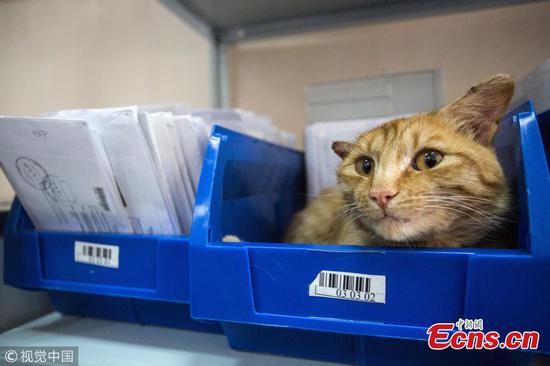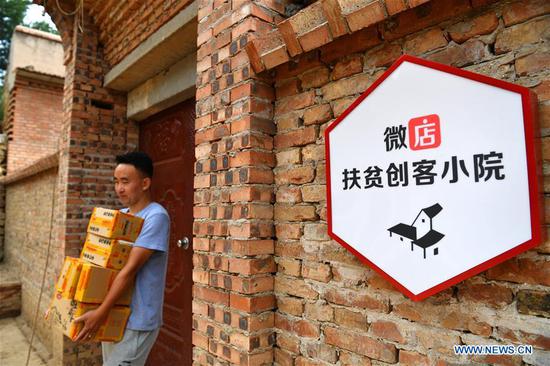Chinese yuan's share in Bitcoin transactions evaporate after crackdown
The use of the Chinese yuan in Bitcoin transactions has dropped substantially as a result of Chinese authorities' crackdown on cryptocurrencies as part of the country's broad efforts to fend off financial risks, which experts said on Sunday would continue in the immediate future.
The Chinese yuan's share in global Bitcoin transactions has dipped to below 1 percent from its high of more than 90 percent before the government crackdown, the Xinhua News Agency reported, citing data from the People's Bank of China (PBC), the country's central bank.
The Xinhua report said that 88 cryptocurrency exchange platforms and 85 initial coin offering (ICO) exchanges have been shut down, without causing any risks, since September last year, when China issued a ban on cryptocurrency trading in the country.
"This indicates that the policy has been very successful," Guo Dazhi, research director with the Zhongguancun Internet Finance Institute, told the Global Times on Sunday. "It is within expectations that the yuan's share in global Bitcoin transactions would drop after China announced the ban."
Guo added that China's move to block trading of Bitcoin and other cryptocurrencies may have prevented many Chinese investors from heavy losses due to market turmoil in the past few months.
The report in Xinhua also indicates that China will not lift the ban on Bitcoin trading any time soon.
"The fluctuation for Bitcoin has been huge and obviously that is very risky for investors," he said, adding that many Chinese investors "could not bear such risks."
Bitcoin's price has been on a roller coaster since China issued a ban on Bitcoin trading in September 2017, rising from about $3,200 on September 15 to $19,700 on December 15 before diving to about $6,700 on Sunday, according to data from Coinbase.
Given the risks in Bitcoin trading, Chinese regulators might continue their tight regulation on the virtual currency, "at least for now," Guo said.
After banning exchanges in the country, Chinese regulators have also taken various approaches to further crack down on Bitcoin trade, including blocking overseas exchange websites and various types of ICOs, according to the Xinhua report. By the end of May, authorities had blocked a total of 110 websites, including Huobi and Binance, it said.
Regulators have also been working with online payment platforms such as Alipay to crack down on Bitcoin trading, shutting down about 3,000 accounts for engaging in virtual currency trading, Xinhua reported.


















































